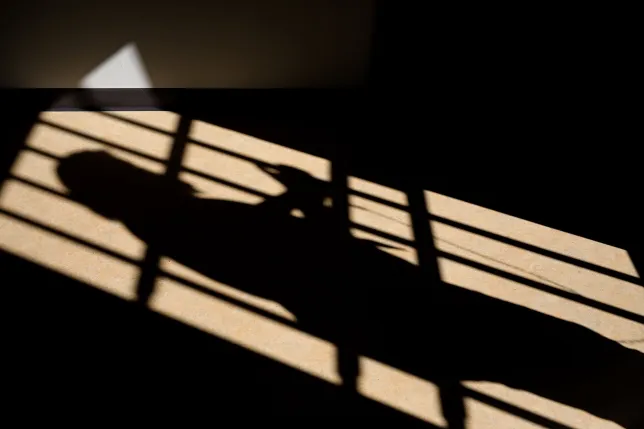Report by the coroner indicates that, a baby died after being born to a “very vulnerable” teenage mother alone in her cell.
After two calls from her mother, Rianna Cleary, to jail staff went unanswered, Aisha Cleary was born in the wee hours of September 27th, 2019.
The Surrey Coroner’s Court in Woking was informed that a prison guard also passed by her cell holding a torch when she was in active labour but did not intervene and offer assistance.
Ms. Cleary, who was just 18 when she gave birth, was exploited by county lines gangs while in custody and eventually ended up at HMP Bronzefield jail in August 2019.
She said at the inquest that she started feeling pain on September 26, 2019, but she was unsure of what it was because she wasn’t due to give birth for another month.
She dozed off momentarily before awakening that evening in “really serious pain.”
She called the prison officials twice in a panic, pleading for a nurse and an ambulance, but neither showed up.
After losing blood, she subsequently dozed off and gave birth to the child in the middle of the night.
She had to use her teeth to sever the umbilical cord when she awoke.
The baby had brain damage and was pronounced dead at 9:03 a.m. that morning, according to the inquest.
If she had been alive at birth, she would have perished within hours, but the coroner was unable to determine whether she was stillborn or breathing.
When she first called, a prison custody officer (PCO) named Mark Johnson responded. He claimed she had been “abusive” and had been swearing while asking for a nurse.
According to charity INQUEST, he is under disciplinary review and is still prohibited from working with prisoners.
Her second call, which she placed when her bed, hands, and buzzer were stained with blood, went unanswered for no apparent reason.
Later that evening, when in labour, PCO Katarzyna Rachwal passed away and informed the hearing that “nothing came to my attention, which is why I moved on.”
Ms. Cleary was said to have avoided interacting with nurses before to the birth out of fear that social services would take her child away.
The inquest heard that she allegedly threatened to murder herself or another person if she were to lose custody of her child.
Opportunities to make sure she didn’t give birth alone in her cell, according to Surrey’s senior coroner Richard Travers, were neglected.
He said that neither the prison nor the midwives at St. Peter’s Hospital did enough to develop a strategy that would detect the beginning of Miss Cleary’s labour and ensure that she was taken to the hospital right away.
He continued, “She ought to have been given a personal adviser and put on a pathway to help her deliver the child safely.”
Additionally, the institution did not appropriately monitor her, stand by her when she threatened to commit suicide if the baby was taken away, or attend to her cries for assistance while she was in labour.
The coroner stated: “There is clear evidence, not least of all, of systemic failings which more than marginally contributed to Aisha’s delivery in a prison cell without medical assistance and, after delivery, losing the chance of resuscitation and survival.”
There would have been a chance for efficient actions to have been made to ensure Aisha’s life if Aisha’s mother’s labour had been recognised and she had been sent to the hospital in time for Aisha’s delivery.
Nothing could reverse the trauma I went through or bring Aisha back, Ms. Cleary, who watched the inquest remotely, declared in a statement given by her attorney Maya Sikand KC after the hearing.
“It makes me so sad to think that Aisha might still be alive if they had assisted me.” Only one prison guard apologised to me directly, and he hadn’t even done anything wrong.
Just before the inquiry began, the deputy director of Bronzefield sent me one paragraph and apologised for giving birth alone.
If this inquest hadn’t occurred, they would still be pointing the finger at me for giving birth on my own.
Protesters have argued that expecting mothers shouldn’t be kept in jails.
Pregnant women being imprisoned is either prohibited or heavily restricted in several nations, such as Brazil, Ukraine, and Mexico.
The very upsetting witness testimony heard during this inquest, according to Charity Birth Companions, “adds to the substantial weight of evidence showing that prisons are not, and will never be, safe environments for pregnant women.” We approve of the coroner’s verdict.
“The Government can and must stop imprisoning mothers of young children and those who are pregnant.”
‘Aisha’s death was horrific,’ said Damian Hinds, minister of prisons. We will never stop sending her mother and family our most sincere condolences.
Since then, significant advancements have been achieved in the care provided to expectant women, including the addition of mother and baby specialists to every women’s jail, more welfare inspections, and enhanced prenatal care.

